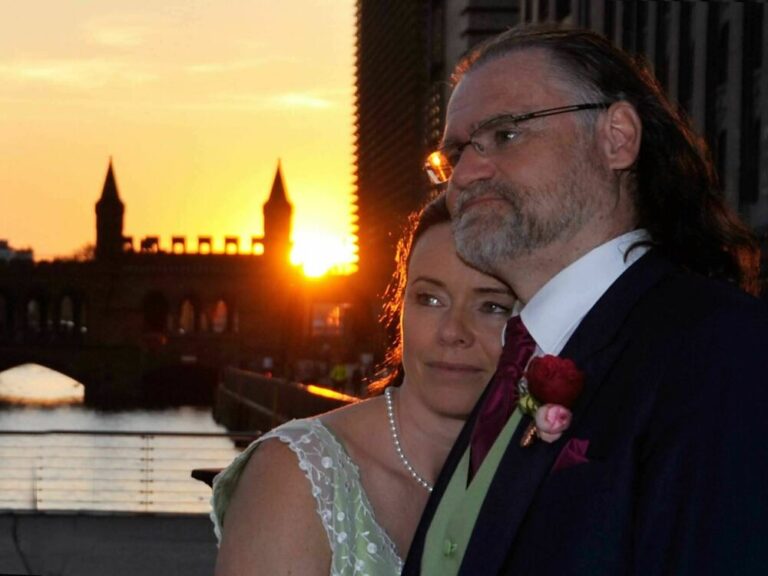 NPR – National Public Radio
NPR – National Public Radio
A couple of years ago, he was diagnosed with colon cancer. The doctors told him it was terminal.
“A year ago, I sat with my wife in one of these more teary-eyed exercises, talking about what comes. And my wife said, ‘Hey, one of the things I will miss most is being able to come to you, ask you a question, and you will sit there and calmly explain the world to me,’” he said. He posted online, telling his friends it was time to say goodbye. Then his friend called him up, saying he had an opportunity at his company Eternos.Life for Bommer to build an interactive AI version of himself. Bommer immediately said yes, and his wife, Anett, was all in, too. They shared with Consider This host Mary Louise Kelly the journey they went on with this project.”

AI has access to all sorts of knowledge, but his wife only wants to ask it questions that only Bommer would know the answers to. Normally, uploading this information would take weeks or months, but Bommer needed to put it together in just a few days.
He says there were two steps to programming it:
- Give it his voice. This happens with 300 specific sentences he recorded, creating all the nuances of the voice.
- Fill it with content. Because they were short on time, Bommer simply told 150 stories about his life, starting from when he was young. He included advice he would recommend to his young self, his children and grandchildren. He tried to convey his principles.
“Now, when the AI wants to answer a question, the question goes into… imagine it like a cloud. And in the cloud is all the knowledge which I left for the AI. And he picks parts of the things I talked [about] which fit for the answer and put them together into a strain, into an answer.”
Not immortality, but a tool.
Bommer sees his AI as a digital memoir. “And so if you write your memoir, that’s not eternal life. So I see it more as a tool, right? I want to give my knowledge and experience. And then I’m gone… And I want the next generations to inherit my experience and my knowledge as much as possible,” he says. He doesn’t care how they choose to use it. “If it’s used or not, if they hang it as a picture… or they put it in a drawer, I don’t care. I cannot influence that. But I can leave it, right? I can leave it behind.” And his wife, Anett, says she sees it as a tool, too. She’s not afraid of it, and if she ever gets afraid, she says she would simply not use it.
But when thinking about what questions she might end up asking this tool, once Bommer dies: “I assume perhaps to read me a poem. I could ask him when we met… Or I can ask him, OK, tell me about [how] he proposed… so remembering together all the nice things we had.”
